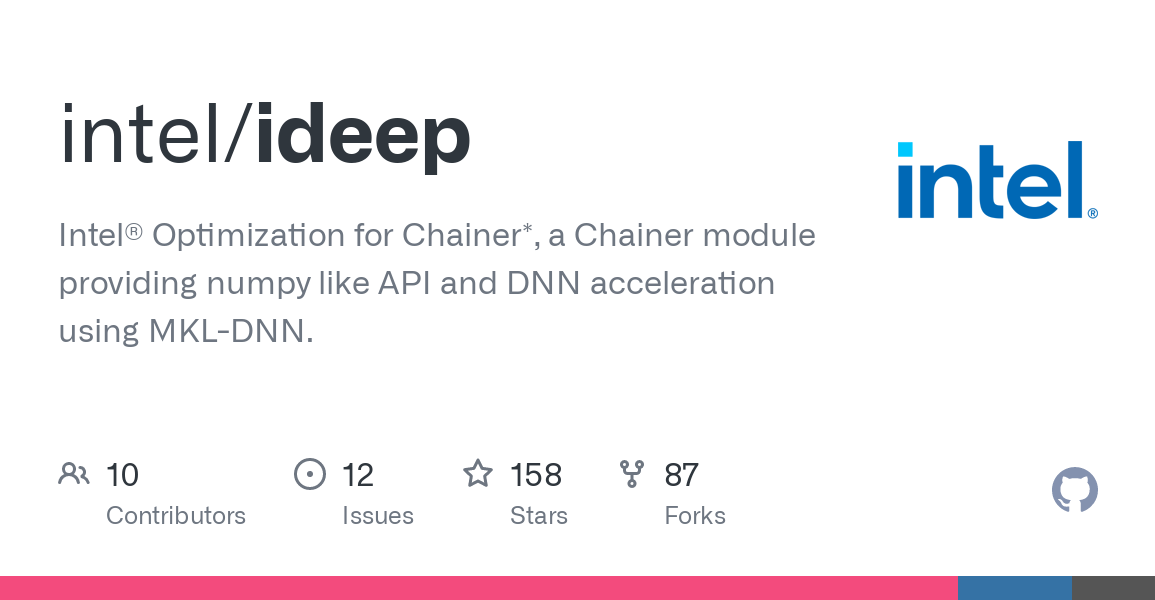In the era of rapidly advancing technology, the concept of emerged as a game-changer. From streamlining industrial processes to enhancing healthcare services, has showcased its potential to revolutionize various domains. But what exactly is ideep, and how does it impact our lives? Let’s delve deeper into this fascinating subject.
What is ideep?
Ideep, short for “Intelligent Deep Learning,” refers to a subset of artificial intelligence (AI) that mimics the workings of the human brain to process data and perform tasks. Unlike traditional AI algorithms, which rely on predefined rules and patterns, ideep systems can learn from experience and adapt to new information autonomously.
History of ideep
The roots of ideep can be traced back to the early days of AI research. However, significant advancements in computing power and data availability have propelled its development in recent years. From neural networks to deep learning architectures, researchers have continuously pushed the boundaries of ideep to achieve unprecedented levels of performance and efficiency.
Benefits of ideep
Efficiency in tasks
One of the primary advantages of ideep is its ability to automate complex tasks with remarkable precision and speed. Whether it’s analyzing vast datasets or controlling industrial processes, systems excel at handling tasks that would be impractical or impossible for humans to accomplish manually.
Improved performance
By leveraging the power of deep learning algorithms, systems can extract valuable insights from data and make informed decisions in real-time. This capability not only enhances productivity but also enables businesses to gain a competitive edge in today’s fast-paced market landscape.
Cost-effectiveness
In addition to boosting performance, technologies offer significant cost savings by reducing the need for human intervention and minimizing errors. By automating routine tasks and optimizing resource allocation, organizations can streamline their operations and maximize efficiency.
Applications of ideep
Industrial automation
In the manufacturing sector, plays a crucial role in optimizing production processes, monitoring equipment performance, and predicting maintenance needs. By deploying ideep-powered systems, manufacturers can minimize downtime, reduce waste, and improve overall productivity.
Data analysis
In fields such as finance, marketing, and cybersecurity, algorithms are used to analyze vast amounts of data and extract valuable insights. From predicting consumer behavior to detecting fraudulent activities, powered analytics tools enable organizations to make data-driven decisions with confidence.
Healthcare
In healthcare, technologies are revolutionizing patient care, diagnosis, and treatment. From medical imaging to drug discovery, ideep algorithms are helping healthcare professionals to identify patterns, diagnose diseases, and develop personalized treatment plans tailored to individual patients’ needs.
How ideep works
At the core of ideep lies a complex network of interconnected nodes, known as artificial neurons, which are organized into layers. Through a process known as deep learning, these neurons are trained on large datasets to recognize patterns and make predictions. By adjusting the connections between neurons based on feedback, ideep systems continuously improve their performance over time.
Challenges and limitations
Despite its remarkable capabilities, is not without its challenges and limitations. Ethical concerns surrounding data privacy, bias, and accountability pose significant challenges to the widespread adoption of technologies. Moreover, technical constraints such as the need for large amounts of labeled data and computational resources can hinder the development and deployment of systems.
Future prospects of ideep
Despite these challenges, the future looks promising for ideep. With ongoing advancements in technology, such as quantum computing and neuromorphic engineering, systems are expected to become even more powerful and versatile in the years to come. Moreover, the integration of with other emerging technologies, such as robotics and augmented reality, holds the potential to unlock new possibilities and reshape the way we interact with the world around us.
Conclusion
In conclusion, represents a groundbreaking advancement in the field of artificial intelligence with far-reaching implications for society. From improving efficiency and productivity to advancing scientific research and innovation, has the potential to transform virtually every aspect of our lives. However, realizing this potential will require addressing the ethical, technical, and societal challenges associated with and harnessing its power for the greater good.
FAQs
Is ideep the same as deep learning?
While is a subset of deep learning, it encompasses a broader range of techniques and methodologies for processing data and performing tasks autonomously.
What are some examples of ideep applications in everyday life?
technologies are used in virtual assistants, recommendation systems, autonomous vehicles, and personalized healthcare services, among other applications.
What are the ethical implications of ideep?
Ethical concerns related to ideep include issues such as data privacy, algorithmic bias, job displacement, and the potential for misuse or abuse of AI-powered systems.
How can organizations leverage ideep to gain a competitive advantage?
By integrating ideep technologies into their operations, organizations can streamline processes, optimize resource allocation, and gain deeper insights from data, enabling them to make more informed decisions and stay ahead of the competition.
What does the future hold for ideep?
The future of is bright, with ongoing advancements in technology driving innovation and expanding its applications across various domains. However, realizing the full potential of will require addressing the technical, ethical, and societal challenges associated with its adoption.








